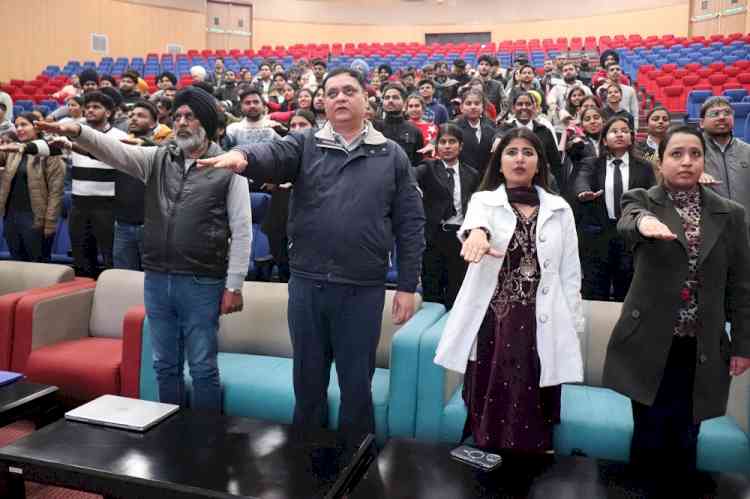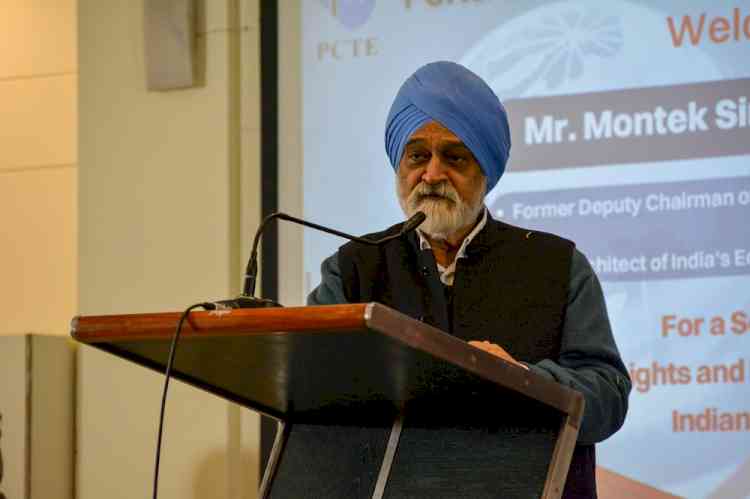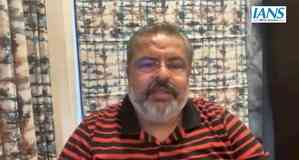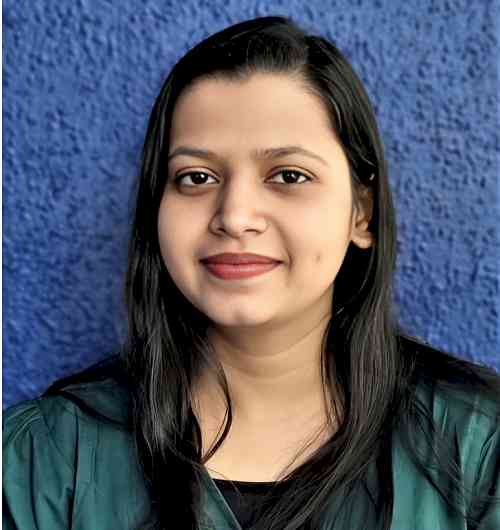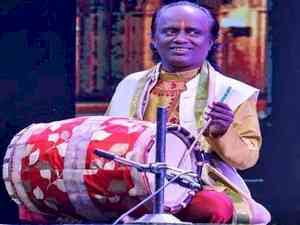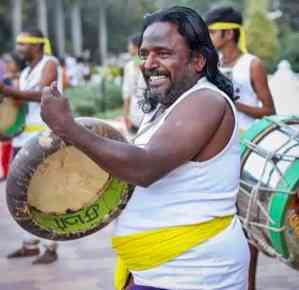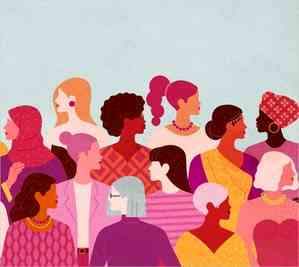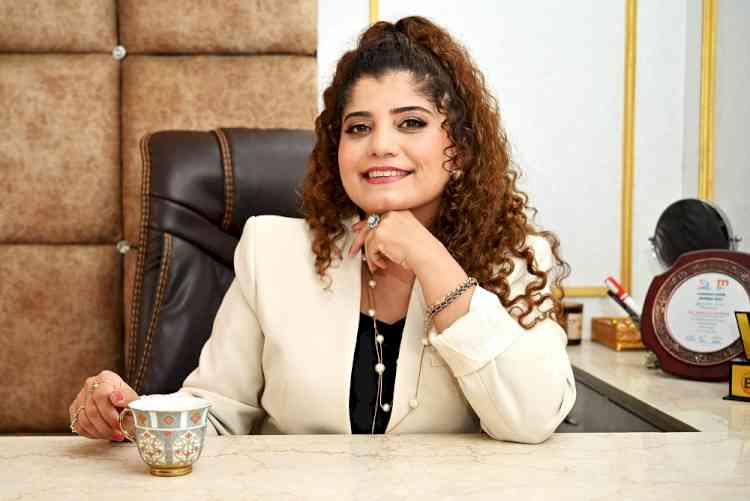World University of Design Gives Artists Center Stage by Hosting India's First Ever Performing Arts Conference
The World University of Design (WUD), Sonipat hosted the first International Performing Arts Conference in India, known as Anveshana. The conference aimed to foster dialogues and discussions to reimagine how traditional arts can be preserved, enhanced, and made relevant in today’s global context. Additionally, it also aimed to promote collaboration and synergy among all art forms, including the three domains of dance, music, and dramatics by providing these artists a common and collaborative platform.
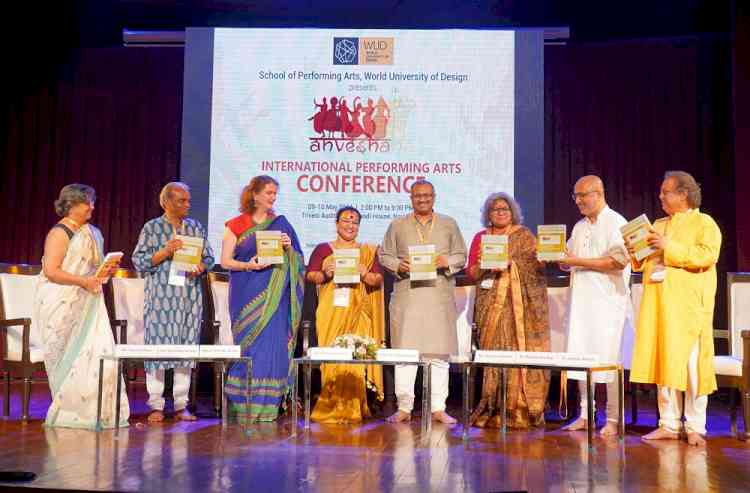
Mumbai, May 13, 2024: The World University of Design (WUD), Sonipat hosted the first International Performing Arts Conference in India, known as Anveshana. The conference aimed to foster dialogues and discussions to reimagine how traditional arts can be preserved, enhanced, and made relevant in today’s global context. Additionally, it also aimed to promote collaboration and synergy among all art forms, including the three domains of dance, music, and dramatics by providing these artists a common and collaborative platform.
The event showcased keynote speeches by industry experts, presentations, and performances by artists, highlighting the richness of Indian Music, Classical Dance, and Performing Arts. Renowned artists from India's performing arts community graced the occasion, actively engaging with the audience. Revered figures such as Pt. Jaikishan Maharaj, Kathak Exponent and Senior Guru (retired), Kathak Kendra; Guru Shashidharan Nair, Eminent Choreographer, Kathakali and Chahhau Exponent, and Ms. Tripura Kashyap, Co-founder of Creative Movement Therapy Association of India (CMTAI), were honored as the Guests of Honour, lending their expertise and prestige to the event.
Speaking about the significance of India’s first Performing Arts Conference, Guru Shashidharan Nair, Eminent Choreographer, Kathakali and Chahhau Exponent, expressed, "Formal education in performing arts was deemed essential in today's world. The establishment of performing arts departments in universities was considered a significant step, as it not only preserved and promoted our traditional art forms but also educated our youth about allied art forms. The conference was a unique academic conference where authors and artists from diverse fields converged. I was excited to witness this exceptional event, featuring outstanding keynote speakers, brilliant performances, and insightful research paper presentations."
‘’Anveshana 2024 embodies the spirit of innovation and collaboration in the performing arts domain. As we gather to explore the intersection of tradition and modernity, let us ignite conversations, inspire creativity, and pave the way for a renaissance in Indian performing arts. Together, let us embrace the transformative power of interdisciplinary collaboration and technological advancement, stated, ‘’ Dr. Sanjay Gupta, Vice Chancellor, World University of Design, while addressing the need for this conference.
Keynote addresses were delivered by luminaries including Maestro Saskia Rao-de Haas, World-renowned Cellist, and Educationalist; Sandhya Raman, Indian Costume Designer and Founder, Desmania Design; Pandit Shubhendra Rao, Indian Classical Musician, Cultural Entrepreneur, and Music Educator; and Lakshmi Krishnamurthy, Tagore National Fellowship for Cultural Research Awardee.
These sessions covered a wide range of topics, including traditional and innovative approaches within the arts, the evolution of music education, and the modern reinterpretation of the guru-shishya Parampara. Discussions delved into the significance of costume designing in dance, the transformative potential of Dance Movement Therapy (DMT), and the interdisciplinary benefits of traditional art forms. Moreover, speakers explored how technology can seamlessly integrate into traditional dance forms, creating new possibilities for expression and engagement. Topics such as the use of artificial intelligence in choreography, digital archiving, and the integration of modern educational tools were discussed.
Tripura Kashyap, Pioneer of Dance Movement Therapy in India and Co-founder of CMTAI, reflected, ‘‘The performing arts act as a bridge between our inner landscape and external reality. Nowadays, most teachers encourage their students to be more investigative and analytical so that learning dance does not become a dry, mechanical, monotonous experience. The Anveshana conference is making a huge effort to expand the scope of physical literacy, to encourage artistic exchange and verbal dialogues between dancers, choreographers, actors, directors, and musicians who otherwise work in silos. This fosters the dynamic evolution of performing arts to constantly undergo self-renewal and change.
"In my journey to enhance music education in India, I have dedicated myself to developing innovative teaching methods and creating resources tailored to this cause. Beyond merely conveying technical skills, teaching music involves igniting a passion for exploration within young minds, encouraging them to uncover their musical abilities. Conferences such as Anveshana are instrumental in amplifying awareness regarding the indispensable role of music education. They serve as transformative platforms, empowering educators to instill a lasting adoration for music in their students, thus enriching lives and communities through the power of music, ‘’added, Maestro Saskia Rao-de Haas, World-renowned Cellist, Composer, Cultural Entrepreneur, and Educationalist.
The conference commenced after the unveiling of the Anveshana Book of Proceedings, which features papers and performance abstracts from both national and international authors and artists across different institutions. This book stands out as one of the very few in India featuring student and faculty presentations on performing arts in an ISBN book.
Dr. Parul Purohit Vats, Dean of the School of Performing Arts at WUD, shared her excitement, stating, "I was thrilled by the exceptional response to Anveshana. It represented a pivotal moment in nurturing adaptable and skilled performing artists, fostering transformative conversations, and shaping the future of traditional dance
forms through collaborations between tradition and innovation. Our conference explored how technology could enhance traditional dance, creating new avenues for artistic expression. I was delighted to present this collection of 33 papers and 10 performance abstracts, showcasing a fusion of tradition and innovation, and opening new avenues for artistic discovery."
The conference concluded with breathtaking classical dance and musical performances by both artists and students, signifying a harmonious step towards global unity and collective action for performing artists across all domains. Moreover, it intended to encourage students to consider performing arts as a viable career option. Participants benefited from enlightening speeches by guest speakers, departing with practical advice and fresh ideas. Ample networking opportunities were provided, enabling attendees to establish valuable new connections within the dance industry.


 City Air News
City Air News 
